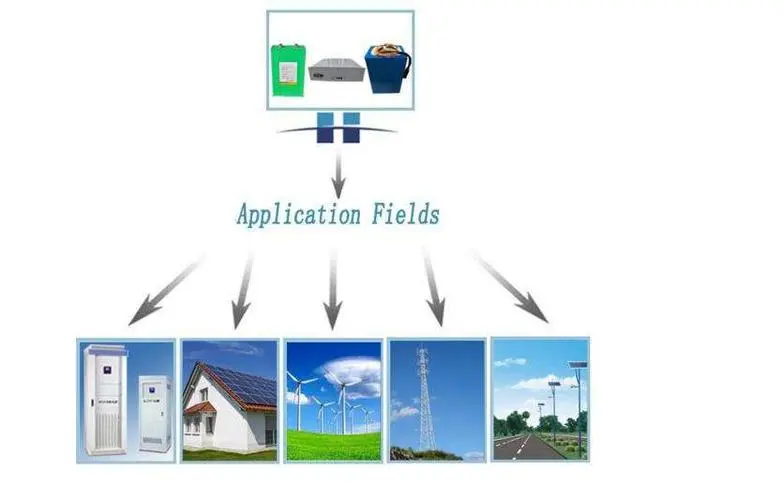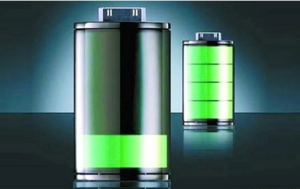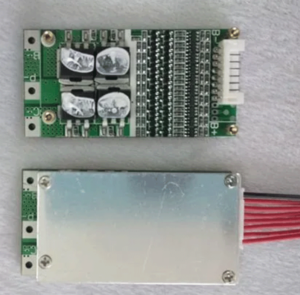As a high-energy-density, lightweight, and environmentally friendly energy storage technology, lithium batteries are widely used in energy storage systems in various fields. The following will take electric vehicles, home energy storage and grid energy storage as examples to analyze the applications of lithium batteries.

1. Electric vehicles
Electric vehicles are an important area of lithium battery application. As the power source of electric vehicles, lithium batteries have the advantages of high energy density, long life, fast charging, etc., and have become the preferred energy storage technology for electric vehicles.
Taking Tesla as an example, the lithium-ion battery pack it uses is composed of thousands of lithium-ion battery cells, which can provide high energy density and long cruising range. Tesla’s electric vehicles have achieved great success in the market and become a leader in the field of electric vehicles.
In addition, lithium batteries can also be used in public transportation, such as electric buses and electric taxis. These vehicles require frequent charging and discharging, and the fast charging and long life characteristics of lithium batteries are ideal for these application scenarios.
2. Home energy storage
Home energy storage systems store electricity from solar or other renewable sources for use in the home. As the core component of home energy storage systems, lithium batteries can achieve efficient storage and release of electrical energy and improve the utilization rate of solar energy.
Take Tesla’s Powerwall, for example, a home energy storage system that uses lithium-ion batteries as energy storage units. Powerwall can store the electricity collected by solar panels for home use at night or on cloudy and rainy days. At the same time, Powerwall can also provide backup power when the power grid is unstable or has a power outage.
The application of home energy storage systems can reduce dependence on traditional power grids, improve energy utilization efficiency, and reduce energy costs. It is also conducive to reducing carbon emissions and achieving sustainable development.
3. Grid energy storage
Grid energy storage refers to storing electrical energy to balance the supply and demand relationship of the grid and improve the stability and reliability of the grid. As an important technology for grid energy storage, lithium batteries can realize rapid storage and release of electric energy and provide flexible peak-shaving capabilities. The application of grid energy storage can improve the flexibility and dispatchability of the grid, reduce grid operating costs, improve the reliability and stability of the power system, and promote the large-scale application and sustainable development of clean energy.
In summary, the application of lithium batteries in the fields of electric vehicles, home energy storage, and grid energy storage shows that lithium batteries have broad application prospects as a high-energy-density, lightweight, and environmentally friendly energy storage technology. With the continuous advancement of technology and the continuous reduction of costs, the application of lithium batteries in energy storage systems will be further expanded, making an important contribution to the sustainable development of clean energy.




